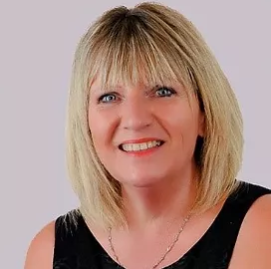The course covers everything participants need to know to be a successful mediator, including:
- The psychology of conflict: what makes people the way they do and how this will influence what we do as mediators.
- The principles of mediation: how mediation compares with other ways of resolving disputes, and how to choose what sorts of situations should be mediated
- Dealing with resistance: Getting people's buy-in and dealing with resistance and disruption during the sessions
- The structure of the mediation process
- The responsibilities of the mediator: what the mediator adds that the parties can't do for themselves, and the importance of confidentiality and impartiality
- Taking your practice forward: how you will apply your new skills, conforming to best practice, and adhering to a Code of Conduct
At the conclusion of the course, participants will be able to:
- Understand the ethos of the family dispute mediation training and course methodology
- Understand the significance of the Family EU Mediation Directive
- Describe family dispute mediation in other countries
- Understand how family dispute mediation is regulated in Cyprus and understand the contents of the legal framework
- Understand and draw upon the theories that are in use that inform the practice of family dispute mediation
- Describe what family dispute mediation is and how it can be used
- Understand the limitations to family dispute mediation
- Understand and describe the differences between traditional passive mediation and directive mediation
- Understand the role of the parties lawyer in the mediation process
- Understand, describe and adhere to the ethical basis and key principles of family mediation, in accordance with the law and best practice
- Ensuring that family mediators are able to work within an ethical and professional framework
- Develop skills to impart neutrality, impartiality and the necessary competence
- Explain the mediation structure and process
- Understand the requirement for mediation confidentiality and how to best ensure confidentiality during mediation
- Understand the requirement for a mediation agreement and be able to draft the mediation agreement
- Develop skills for the drafting of the mediation outcome document
- Develop skills for recording information and documentation during mediation
- Understand the role of the first contact with the parties and the screening process
- Understand the importance of pre-screening and the initial consultation meeting and be able to run the meeting
- Develop skills for starting a mediation session
- Develop the key skills required for a successful mediation
- Develop the key skills a family dispute mediator must possess in order to deal with cases when things get difficult (domestic violence, reluctant parties, power imbalances)
- Develop skills for ending a mediation meeting
- Develop skills to deal with unreasonable requests
- Develop skills for ensuring the best interests of the child
- Develop skills for helping the parties towards an agreement
- Develop skills for recording the mediation agreement
- Understanding the role of the mediator towards the parties legal counsel

 Ελληνικά
Ελληνικά  English
English






